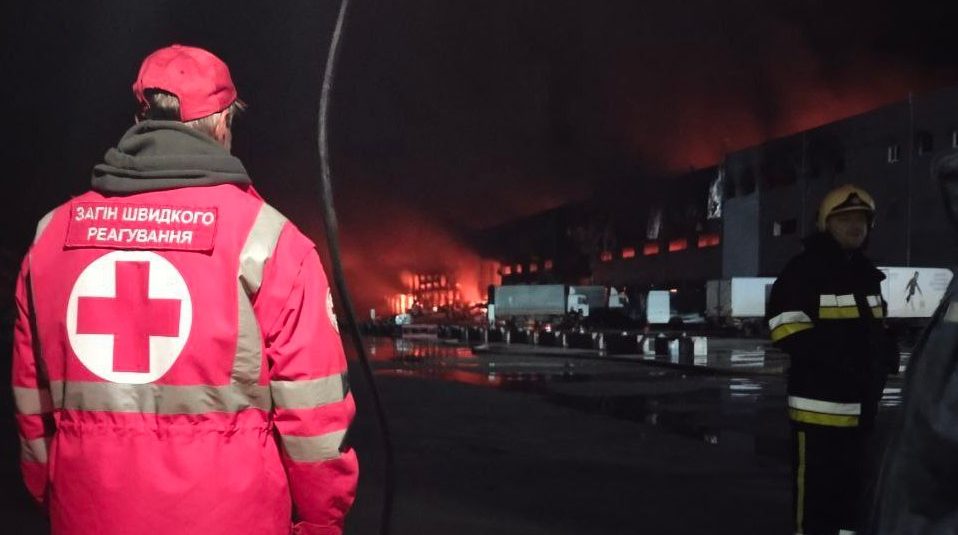We hear it again and again from international aid organizations operating in Ukraine.
“We cannot support your military.”
“The principle of neutrality is at the core of our work.”
“We cannot compromise our neutrality by allowing our help to reach your soldiers.”
But how do you separate the army from the people in Ukraine? How do you properly help a nation that is facing total war from an enemy that does not discriminate between military and civilian targets?
The principle of neutrality is not working for us in Ukraine. Quite the opposite. International humanitarian actors need to reconsider their approach, urgently.
Since the war first started here back in 2014, Ukraine’s own non-governmental institutions – its charities, NGOs, and humanitarian groups – began supporting the war effort, realizing the country was facing an existential threat.
Take, for example, a small charity called the Ridnia Community Foundation in Stryi, western Ukraine. Sixty percent of the projects it funds involve supporting the military – from organizing sewing shops to make warm uniforms to cooking instant borscht for Ukrainian front-line soldiers. The local population supports this work because they understand that they’re helping to bring victory and end the humanitarian crisis.
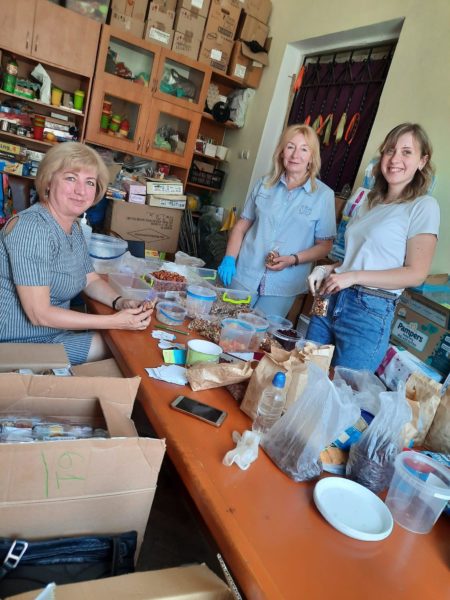
The Global Fund for Community Foundations made a small grant ($16,000) to the Ridnia Community Foundation to support its program of community grants, ranging in size from $200 to $1,500. However, most big international donors won’t touch this kind of work, even though local groups now comprise 60% of all the 700 humanitarian groups currently active in Ukraine.
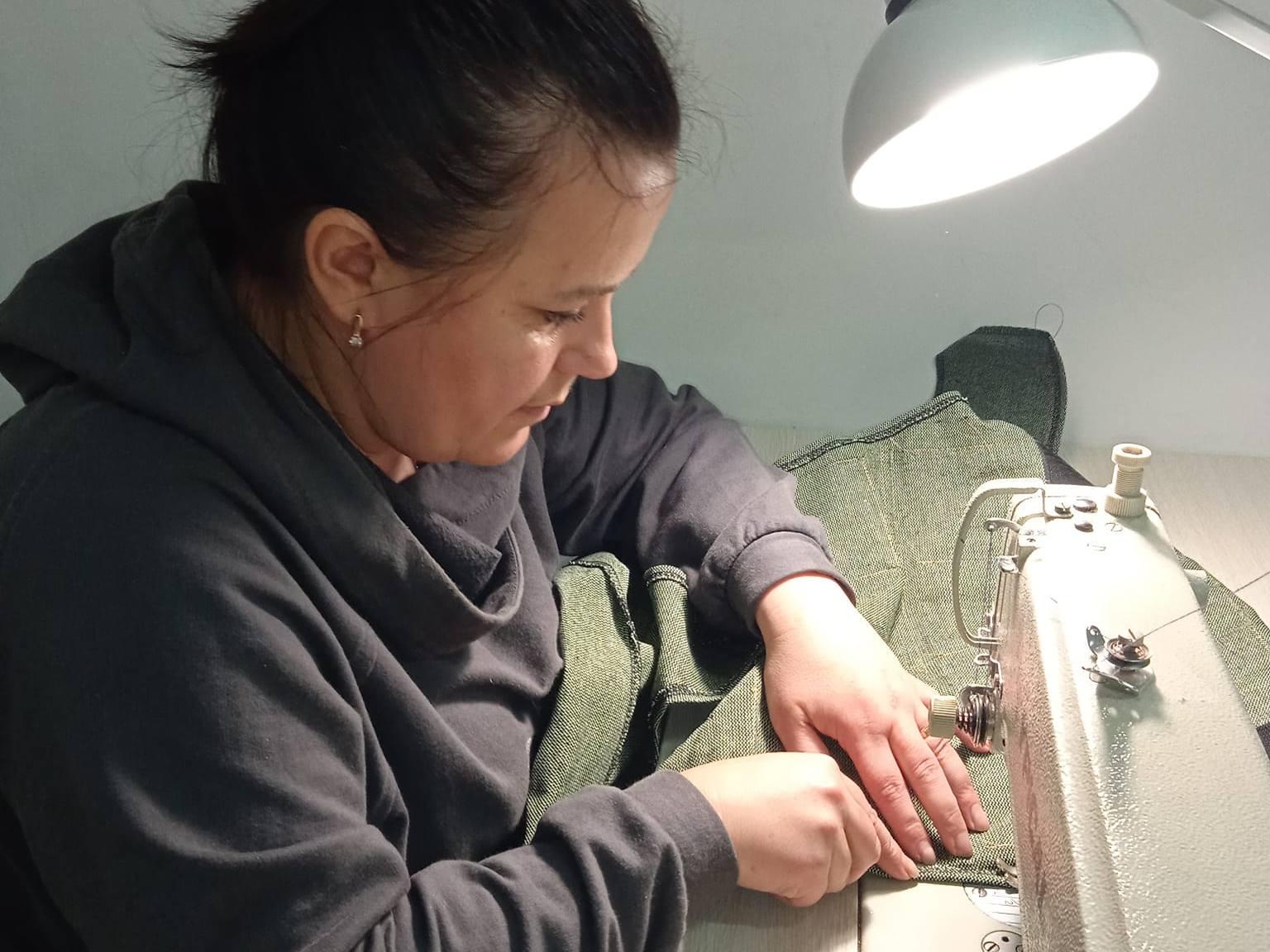
It’s the same problem with medical assistance. How, in practical terms, do you distinguish between supporting civilians and the military in the Donbas, where most of those fighting are newly-recruited civilian volunteers, and the frontlines encompass towns and even cities still full of civilians who require the same emergency medical aid as the soldiers living alongside them?
“Frequently, civilians come under artillery fire, and we, the military, always use our medical supplies to try to save their lives. I remember in October, in Kharkiv Oblast, when a tank shell hit a building, and we saved a person’s life,” said Vladyslav Stoyka, a 20-year-old medical student who joined the military last year. His combat team also routinely helps civilians with flu medicine, first aid, and treatment for chronic illnesses.
Vlad’s unit gets some support from Razom for Ukraine, a US-based fund. But most military medics have no such assistance from humanitarian organizations.
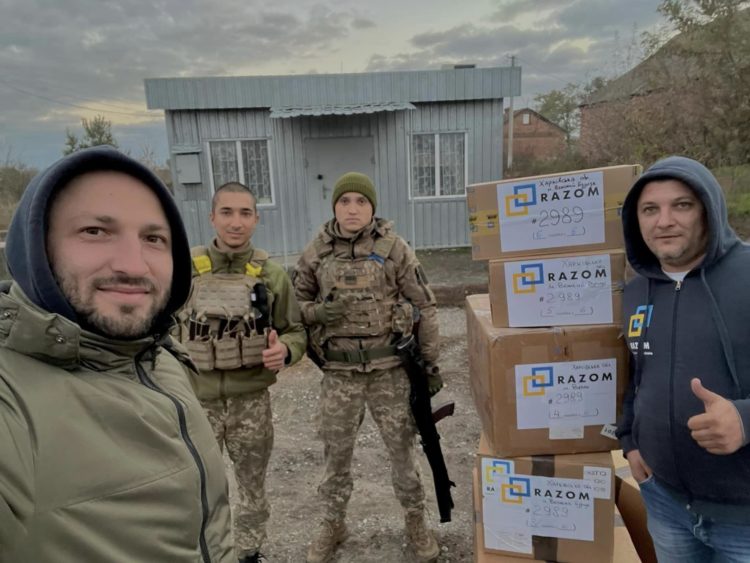
We understand why. Humanitarian groups fear that they may be targeted by armed groups if they’re seen to be taking sides. It’s a legitimate concern in many conflicts. But not in Ukraine, not anymore. Not when the Russian military has already made it abundantly clear that it has zero respect for international humanitarian standards and rules.
The Russian military routinely attacks residential areas, destroying hospitals and humanitarian supplies. The evidence is overwhelming. Eight rockets hit an aid warehouse in Kramatorsk. UN convoys were fired upon in Kharkiv. A Red Cross building was attacked in Kherson. Most recently, an ambulance was hit near Bakhmut, killing Global Response Medicine medic volunteer Pete Reed.
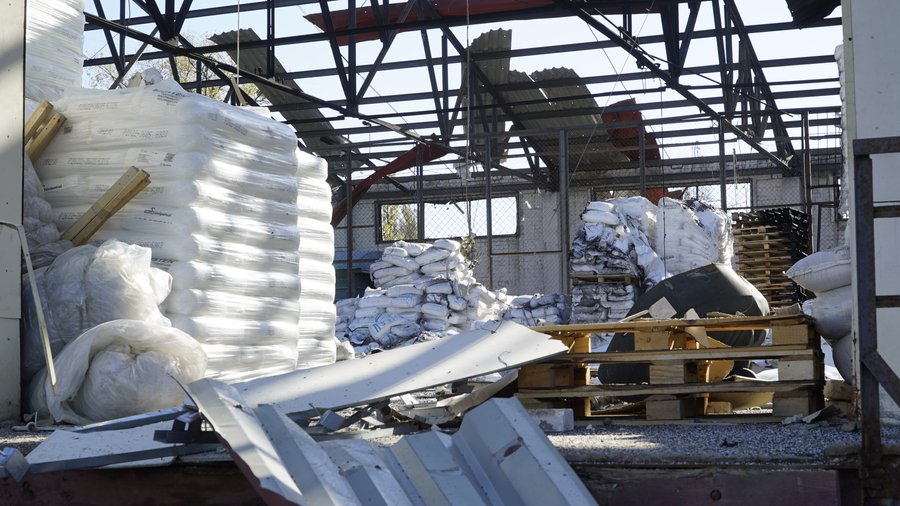
And there are so many more examples which international humanitarian representatives keep quiet about – including hostage taking, and the use, by Russia, of aid workers as human shields.
We have seen how the West has gradually moved its red lines regarding military support. Those same lines need to move in the humanitarian field.
We believe the principle of neutrality is causing active harm to civilians in our country. Yes, our army should lead the way in terms of looking after its soldiers. But these are extraordinary times: our military is stretched to the limit and largely indistinguishable from the society around it.
It is time to put saving lives first and prioritize getting international aid to those places on the frontlines where it is needed most urgently. Otherwise, we fear, the well-intentioned principle of neutrality will only serve to extend the war and deepen Ukraine’s humanitarian crisis.
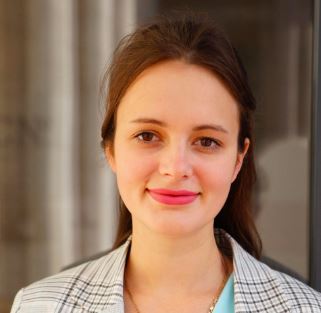
Daria Rybalchenko is the Head of the Ukrainian philanthropic organization National Network of Local Philanthropy Development. Together with the team and movement #ShiftThePower, they started an advocacy campaign for localization resources in Ukraine. In 2022 they published an open letter to INGO and donors with requests to cut bureaucracy, move from neutrality to solidarity, amplify the voice of locals, and gain equal partnership. Daria can be reached by [email protected] or on FB.
Related:
- How to make humanitarian aid projects for Ukraine that really work
- Local civil society supplied virtually all Ukraine humanitarian aid with nearly no funding – report
- The best way to help Ukraine if you don’t know where to start
- Verified ways to help Ukraine and the Ukrainian Army
- Red Cross Russia office collects military gear for Russian Army, violating principle of neutrality




